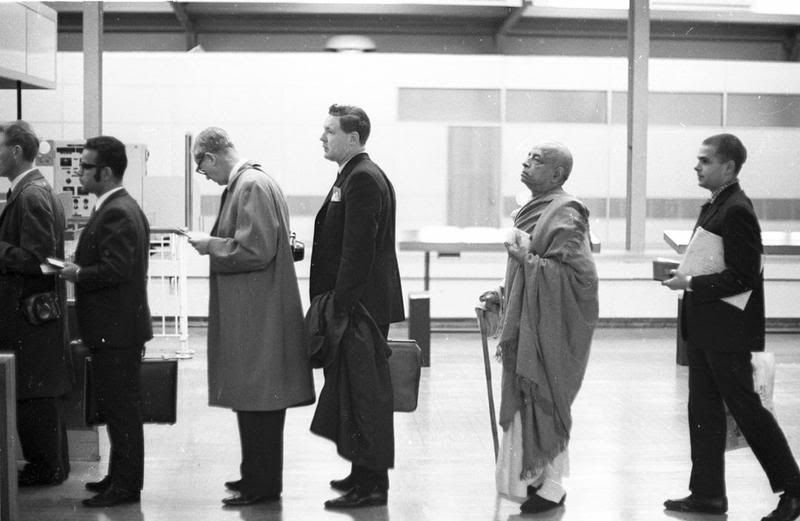 Take Back NYU
Take Back NYUFollowing up our previous post on the NYU student occupation that made national and international news headlines, we gave a little bit of shelter to some of the suspended students at our regular Starving Students dinner program at 26 Second Avenue.
Knowing a lot of these kids from our cooking program on the campus of NYU, and knowing that they were in a delicate situation with the university (suspended with a chance of being expelled, kicked out of their dorms, etc), we simply wanted to show them a little good ol-fashioned Vaisnava compassion and at least give them a place to come and get warm, and meet together over subji and halava.
While it's very easy and painfully obvious to make fun of these students as being naive, childish, and ill-informed in their activites and aspirations (and there is some justification to some of these observations) we have a duty as their friends and even spiritual guides to give them refuge and comfort.
In our own preaching aspirations, in the mood of Prabhupada, it's the least we can do so that some of these students might take the opportunity, through our programs, to go a little deeper into what is real revolution in today's world, a revolution of the soul.
These kids are frustrated and bewildered that those behind their process of education alienate them and practically treat them as terrorists, hostage-takers, and no-good rabblerousers. They don't want to be part of a culture that treats them as nothing but numbers and commodities designed to consume and obey.
Of course, we agree with them, knowing the various vagaries of the realities of the material nature, and in due time, as friendships and relationships continue to develop, their questioning and activist mindset could help lead them to the real solutions that Prabhupada gave us. I know as much because this is my own history in coming to be a devotee.
On Thursday evening, the students all learned, while at our dinner program, that the University was lifting their suspension, and that they could get back to work in thei student and activist lives. We hope that the warmth we shared with them will help to bear some fruits of bhakti in the near-future.


